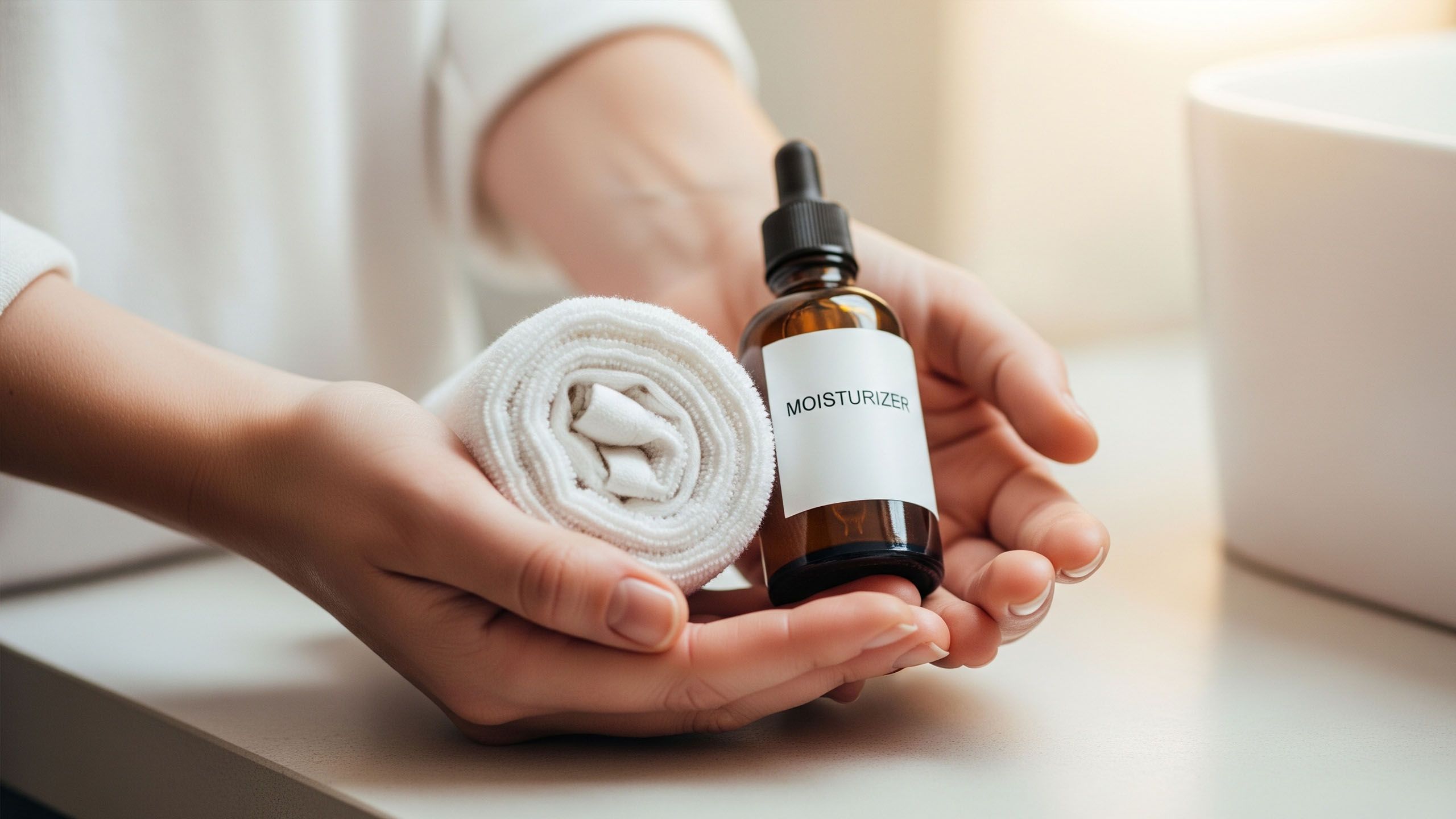Partner Awareness: What Men Should Know About Vaginal Health

Partner Awareness: What Men Should Know About Vaginal Health
When men think about supporting their partners, vaginal health might not be the first thing that comes to mind. Yet, understanding it can strengthen relationships, prevent misunderstandings, and even contribute to better intimacy. Vaginal health is not only a personal matter for women—it often affects couples in practical, emotional, and physical ways.
Why Men Should Care
Men are not expected to be experts in gynecology, but having a baseline awareness matters. Women frequently experience changes—sometimes uncomfortable, sometimes subtle—that can influence daily life and relationships. A partner who recognizes the importance of these issues is better equipped to respond with patience and support.
Ignorance, on the other hand, can lead to unhelpful reactions: dismissing discomfort, misunderstanding symptoms, or assuming that sexual health challenges are purely “in her head.” For many women, these attitudes create unnecessary stress. For men, learning the basics is less about knowing every detail and more about recognizing what’s normal, what’s not, and when to encourage seeking medical advice.
Common Issues Worth Knowing
1. Vaginal pH and Balance
The vagina is a naturally self-regulating environment. Its pH and microbiome keep bacteria and yeast in check. When balance is disrupted—by antibiotics, harsh soaps, or even stress—discomfort may follow. Men should understand that these shifts are common and not a reflection of poor hygiene.
2. Infections and Irritations
Urinary tract infections (UTIs), yeast infections, and bacterial vaginosis are among the most frequent complaints. Symptoms like itching, burning, or unusual discharge can be uncomfortable, but they are treatable. What matters is that men don’t react with judgment or avoidance. Offering to pick up medication, making room for rest, or simply listening can make a significant difference.
3. Pain and Discomfort During Sex
Pain with intercourse, known medically as dyspareunia, is more common than many realize. It may stem from dryness, hormonal changes, or underlying health issues. A supportive partner avoids blame and instead approaches the situation with patience and openness.
4. Hormonal Shifts
From puberty to menopause, hormone changes affect vaginal health in ways that are sometimes unpredictable. Menstrual cycles, pregnancy, and the natural aging process all contribute to variations in comfort, lubrication, and sensitivity. Recognizing these changes as normal phases—not signs of disinterest or rejection—helps maintain connection and trust.
| Issue | Typical Symptoms | What Men Should Know |
|---|---|---|
| Yeast Infection | Itching, discharge, irritation | Not related to hygiene; treatable |
| UTI | Burning urination, urgency | Can occur without sexual activity |
| Hormonal Changes | Dryness, discomfort, sensitivity | Natural across life stages |
The Role of Communication
Good communication is not about awkwardly dissecting every detail but about creating space where a woman feels comfortable sharing when something is wrong. Men who ask, “How can I help?” or “Is there something I should know?” show that they are paying attention without making assumptions.
Partners who avoid the subject altogether risk leaving women to carry the weight of discomfort alone. Even a simple acknowledgment—“I know this must be frustrating”—goes further than silence.
Dispelling Misconceptions
-
Hygiene is not about strong perfumes or soaps. In fact, over-cleaning often worsens problems.
-
UTIs are not always related to sexual activity. They can occur for multiple reasons, and placing blame helps no one.
-
Menopause does not signal the end of intimacy. Many couples remain sexually active with some adjustments and medical support.
-
Not every symptom points to infection. Stress, diet, or hormonal shifts may play a role.
How Men Can Be Supportive
-
Learn the basics. A few minutes of reading or asking respectful questions goes a long way.
-
Respect boundaries. If sex is painful, pressure and guilt only deepen the issue.
-
Offer practical support. Whether it’s picking up cranberry juice, adjusting routines, or accompanying her to a medical appointment, actions speak louder than words.
-
Stay patient. Vaginal health issues are rarely solved overnight, and recurring challenges are common.
Beyond the Bedroom
Vaginal health is tied to overall wellbeing. Discomfort may affect sleep, mood, and daily interactions. Men who respond with understanding—rather than impatience—help their partners feel less isolated. Over time, this kind of support strengthens trust and makes intimacy more resilient.
Q&A: Partner Awareness and Vaginal Health
Should men try to self-diagnose their partner’s symptoms?
No. Men should be supportive and encourage medical consultation rather than guessing or offering unverified advice.
How can a man bring up the subject without sounding intrusive?
Keep it simple and caring. Asking “Is there anything I can do to help?” opens the door without pressure.
Does vaginal health always affect sex?
Not always, but discomfort or pain may impact intimacy. Open communication ensures neither partner feels blamed.
Is it normal for symptoms to come and go?
Yes. Many issues are cyclical or influenced by hormones, stress, or lifestyle. Patterns are common, but recurring pain warrants medical advice.
Final Thought:
Men don’t need medical expertise to be effective partners. What matters is awareness, empathy, and a willingness to adapt. Vaginal health may be an intimate subject, but when men approach it with respect and openness, it becomes another way to build stronger, healthier relationships.
Disclaimer: The articles and information provided by the Vagina Institute are for informational and educational purposes only. This content is not intended to be a substitute for professional medical advice, diagnosis, or treatment. Always seek the advice of your physician or another qualified health provider with any questions you may have regarding a medical condition.


 English
English  Deutsch
Deutsch  Español
Español  Français
Français 





